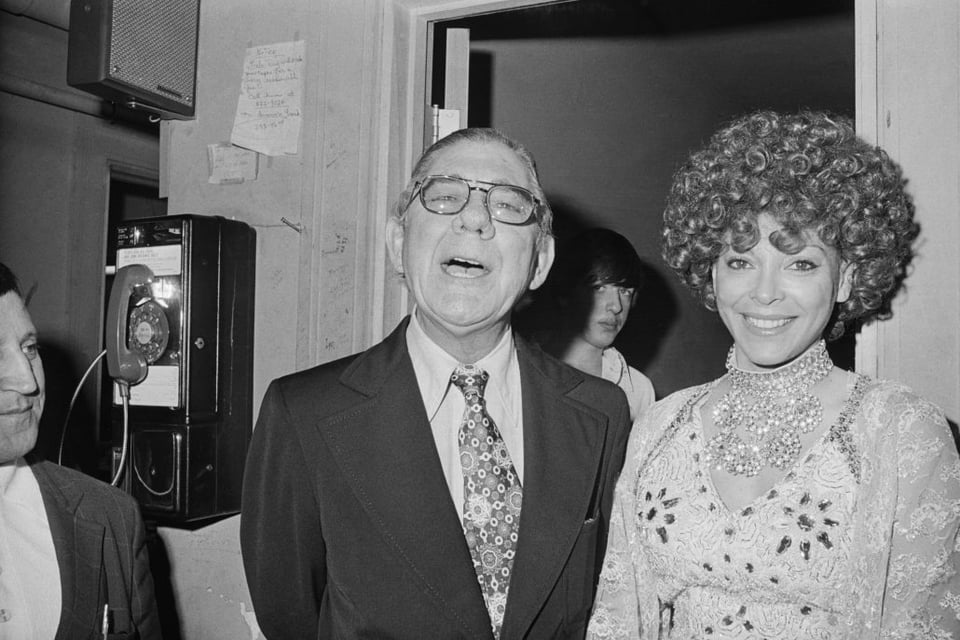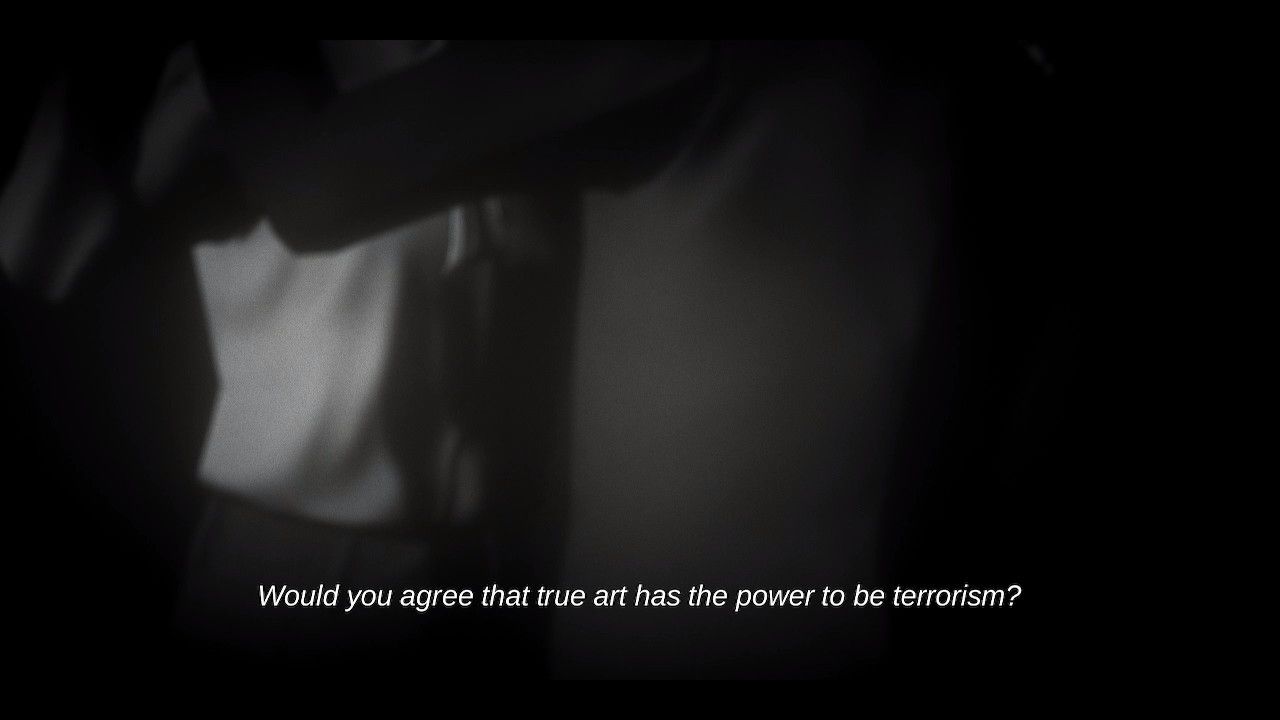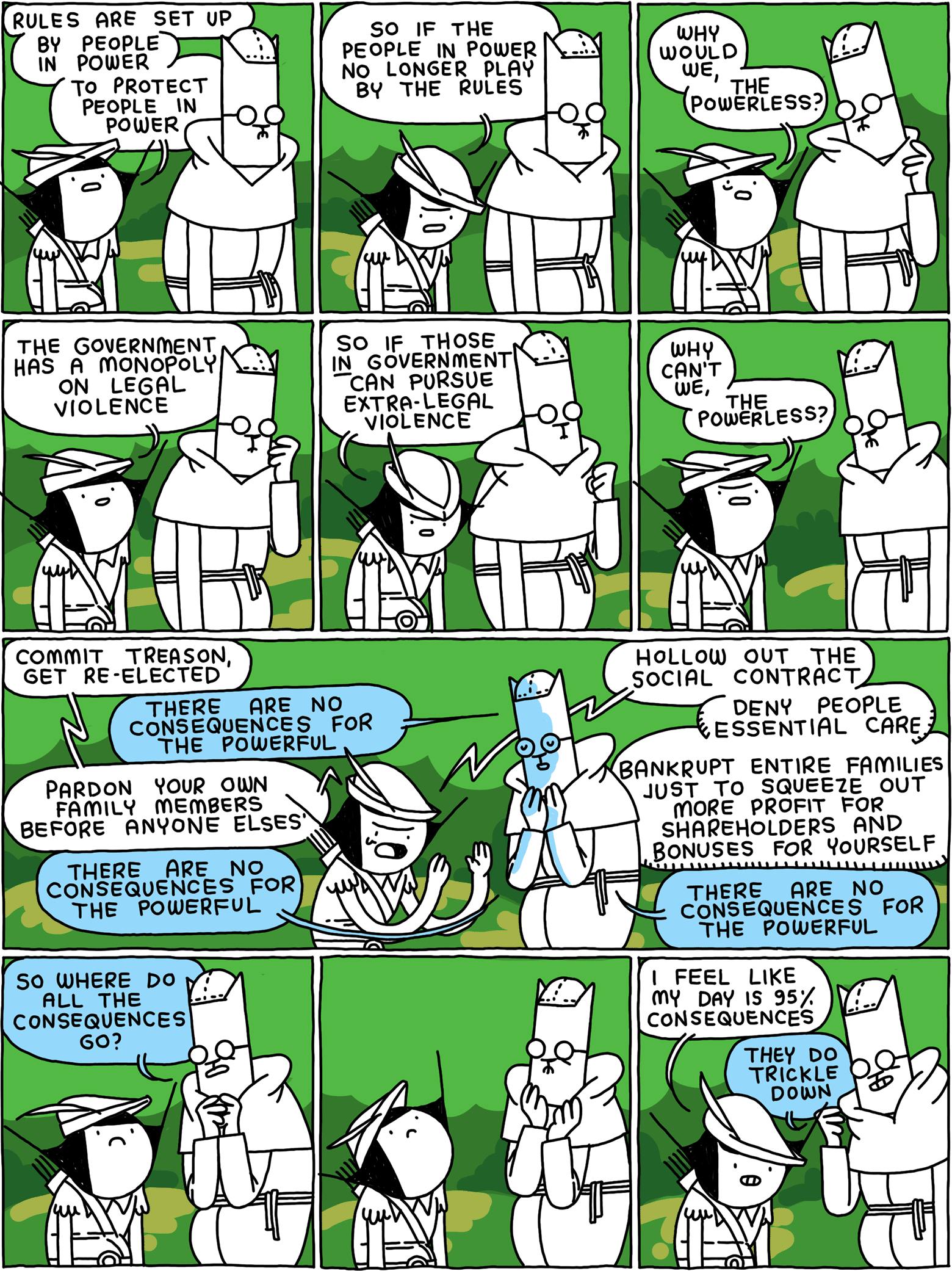Sorry, there's no big essay or interview this week. Instead, here are a bunch of topics which I thought about writing a whole newsletter about — but everything I had to say, I realized I could say in a paragraph or two. Basically, it's five rants for the price of one. I hope you enjoy! (If enjoy is the right word for rants. Please send me your thoughts on this.)
But before I unleash the mini rants… here’s just a reminder that you can get signed, personalized copies of any of my books from Green Apple Books here in San Francisco. They ship all over the USA! (Please put in the “comments” field if you want personalization, especially if you want something specific.) You can even pre-order a signed/personalized copy of my upcoming adult novel Lessons in Magic and Disaster, about a young witch who teaches her mother how to do magic.
With that out of the way, here are some short rants!
Sony’s Marvel Films Were a Missed Opportunity
This past weekend saw the end of the Sony Marvel universe as we know it. (Or whatever you want to call it.) Basically, Sony Pictures owns the rights to any character who’s featured in the Spider-Man comics — but not any other Marvel Comics characters. That's why we've gotten movies for Venom, Madame Web, Morbius the Living Vampire, and now Kraven the Hunter. The utter failure of the Kraven movie means that Sony is probably done making Spider-Man movies that don’t star Spider-Man.
In retrospect, it feels like a huge missed opportunity. Why did we get a freaking Morbius film — and not Silver and Black, the scrapped film about female antiheroes Black Cat and Silver Sable which was supposed to be directed by Gina Prince-Blythewood (who directed The Old Guard and The Woman King)?
In particular, I can't stop thinking about how cool it could have been do a movie about the Daily Bugle. We know the Daily Bugle newspaper exists in the world of Sony’s Marvel movies, because it shows up as an Easter egg in the new Kraven movie:
I'm envisioning a tense newspaper drama set in the world of Spider-Man, featuring Ben Urich and Robbie Robertson. It could be a bit like The Paper starring Glenn Close, or The Post starring Meryl Streep: possibly spanning a 24-hour period as Urich and Robertson try to break a single huge story. (While also dealing with J. Jonah Jameson’s attempts to insert bias into the process.)
This hypothetical film could have taken place in the '90s, before newspapers started going downhill. Or it could have taken place in the present day, with social media discourse shaping the newspaper’s coverage.
In my ideal version of this movie, we might glimpse Spider-Man swinging by the window a few times, and there could be a few references to getting that Parker kid to take some photos. But we wouldn't need to see the face of Tom Holland or Andrew Garfield at all. The focus would be on journalistic ethics and how to remain honest in our new compromised age of journalism. Please send me back in time several years so I can pitch this movie to Amy Pascal.
Wanna fight fascism? Stop attacking the homeless
The rise of fascism is a bit like the Matrix: it's all around us, it's in everything we do, and we can barely see it clearly because we're in the middle of it. Trans people and immigrants are certainly on the front lines of the current fascist onslaught, but for most liberal city dwellers, the thin end of fascism’s wedge will be the attack on the unhoused. As much as 2025 is going to suck for a whole lot of people, it's especially going to suck for anyone who has no place to live.
And here’s the thing: it’s not Republicans who are eager to persecute people who don’t have a home. It’s Democrats. It’s big-city mayors and other officials. There’s an effort to create a class of non-people who can be abused without consequence, and the Democrats are leading the charge.
I wrote before about the reasons why we feel so comfortable scapegoating unhoused people, but this situation is getting worse. The Supreme Court just gave cities a blank check to abuse the most vulnerable of their residents. And it appears a majority of people in so-called liberal cities have no problem treating people on the streets like actual garbage, instead of human beings. If you are a Democrat who yells about being part of the resistance, but you think it's okay to clear out homeless encampments and strip people of their civil rights merely for not having a fixed abode, then guess what? You are a foot soldier of fascism. Seriously, that's all I have to say.
I want a tense thriller about the Medicare Act
It's about to be the sixtieth anniversary of the passage of the Medicare Act in 1965.
Shamefully, it took twenty years after the end of World War II to pass a national healthcare law — and in the end, the efforts to cover everyone fell short. But the wrangling over the actual 1965 Medicare bill is fascinating to read about.
As this NIH paper shows, there were a lot of different ways Medicare could have gone, including a semi-privatized version (similar to the Medicare Advantage plans we have now) which Senator Jacob Javits was pushing pretty hard. A lot of people don't even know that Medicare, from the beginning, was designed to use private insurance companies to process claims — nowadays, these are known as carriers. This was by no means a foregone conclusion: there was almost a version of Medicare that was entirely administered by the government. (Which would make it much easier to eliminate private insurance and move to Medicare For All.)
At the center of these debates was Wilbur Mills, a larger-than-life congressman from Arkansas who later pushed through more progressive taxation in 1969 — and was eventually brought down by his association with an Argentinian stripper named Fanne Fox.

So I am craving a taut, high-energy TV show about the fight to pass Medicare into law. Give me the full Sorkin. (But not actual Sorkin, please.) I want highwire meetings, hallway monologues, startling reversals, secret scandals and dramatic reversals. Make us feel the miracle that was the 1965 Medicare act — both how incredible it is that it happened, and how easily it could have been either better or worse.
It’s time for low-budget, DIY movies and TV
I just watched the first episode of a TV show called Davey and Jonesie's Locker on Hulu, which I've been meaning to check out for ages. It's an extremely silly comedy about female friendship and having an interdimensional portal in your high-school locker. It seriously looks like it was made for a tiny fraction of what an episode of House of the Dragon costs.
Lately, I just really crave TV and movies that look cheap. Bonus points if they're silly and kind of outrageous. On the TV side, I've talked a lot about my love of Extraordinary and the Brazilian show Back to 15, and there are a handful of other low budget, goofy TV shows that I've loved lately. On the movie side, my two favorite films of the year are Hundreds of Beavers and The People's Joker: they don't have much in common, other than looking like they were made with sofa-cushion money and being completely off-the-chain. They both use virtual backgrounds that look amateurish as heck, and feature physical comedy in a surreal void.
Why do I love DIY-looking TV and movies? Part of it is just a reaction to the fact that most Hollywood entertainment these days looks ridiculously expensive and lavish, which a lot of people are starting to get tired of. With high budgets often comes a certain blandness. But also, this defiantly indie/cheap aesthetic feels subversive in this age of corporate domination: it's the equivalent of those direct-to-VHS movies that I obsessively watched as a youngster. I predict that the next few years will see a flowering of micro-budget, maximally-ambitious, utterly ridiculous entertainment. And I am here for it.
James Bond needs to embrace science fiction
It’s time for a new James Bond — and given the way No Time To Die ended, we’re liable to get another soft reboot, like when Daniel Craig took over the role in 2006. After approximately 10 billion Bond films, it’s also time for a new approach once again. My suggestion? Lean into science fiction.

James Bond films have always been techno-thrillers, often involving fanciful tech like that wacky DNA-based weapon in No Time To Die. But the technology in a James Bond film has divided neatly into two categories: 1) 1960s technology (what is normal in Bond’s world) 2) some outlandish futuristic tech that is the subject of the story, which is often a superweapon of some kind. (And Bond usually has two or three fancy gadgets.)
In other words, Bond movies haven’t really kept up with technological progress — but they continue to include a few random bits of technology that are basically magic.
James Bond is a 1960s guy who exists in our world — a world of ubiquitous surveillance, pernicious algorithms, poorly tested self-driving cars, drone warfare, and so on. There are some good stories to be told about a classic man in a world where everything, not just one shiny MacGuffin, is new and strange.
Music I Love Right Now
Walter “Wolfman” Washington was a singer and guitarist who mixed blues and funk. He was basically the heir to the great Johnny “Guitar” Watson — something he acknowledged by covering a bunch of Watson’s songs. Here he is doing his own version of Watson’s song, “You Can Stay But the Noise Must Go”:
I was lucky enough to meet Walter “Wolfman” Washington when he played a gig at a small club years ago, and I basically just talked to him about Johnny “Guitar” Watson. I also really love Washington’s cover of “Skin Tight” by the Ohio Players, and a ton of his original songs are fantastic as well. (The album Funk Is In the House is just non-stop greatness.)
Anyway, sadly, Washington passed away a couple years ago. His final album, released posthumously, is called I Feel So At Home, and there are no funk jams on it. Instead, it’s an album of jazzy torch songs, with some blues mixed in. It’s sweet and melancholy, with even the happy songs feeling bittersweet rather than upbeat. There is some pretty heavy orchestration on some of the tracks, even. The drums are buried pretty low in the mix, but Washington’s bluesy guitar still gets a starring role. It’s a haunting sendoff for someone who was a true original (despite the comparisons to Watson) and I love it a lot.



